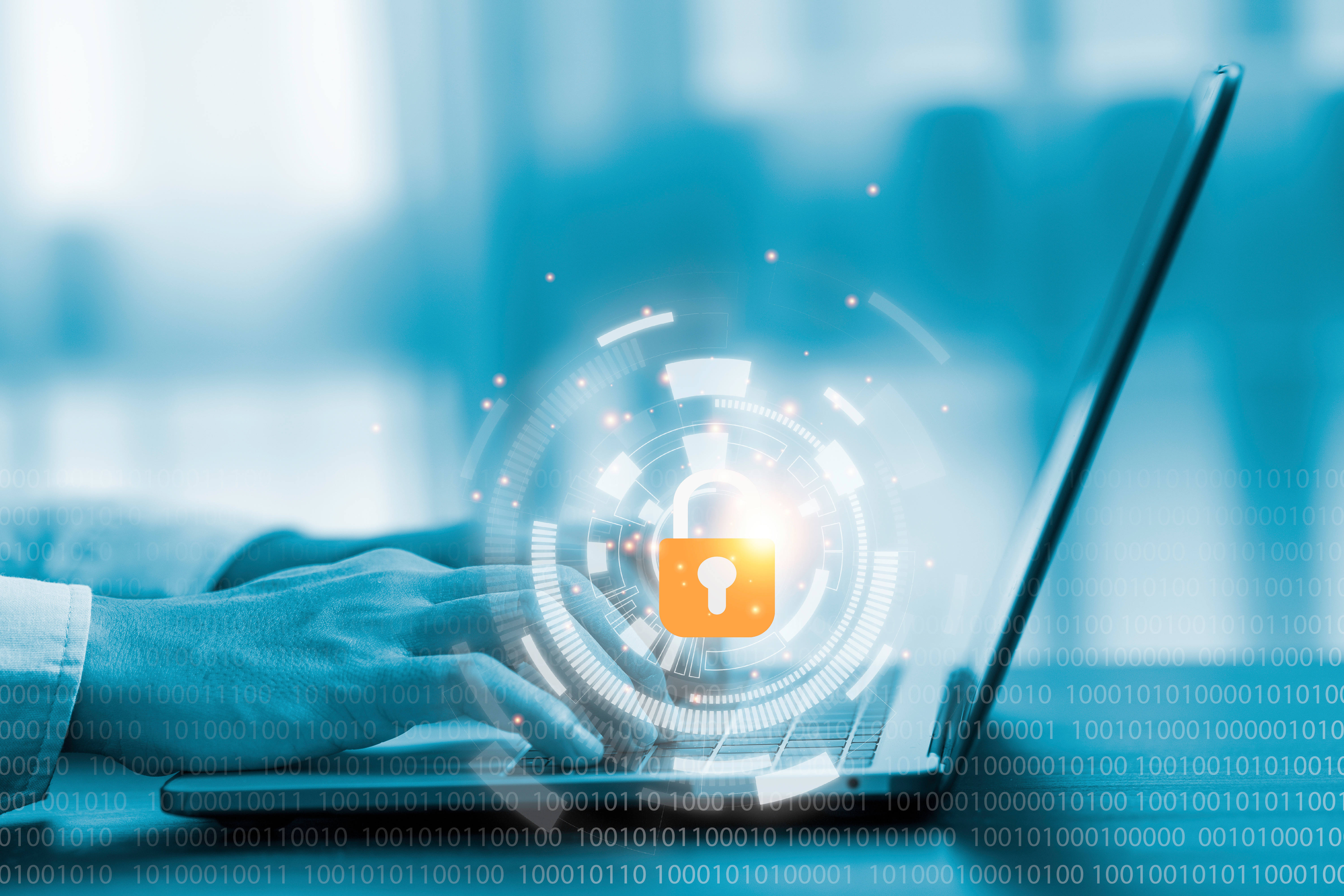Clean desk policies are so standard in BPO contact centers that they are often considered a requirement–although typically just mandated by the client. Clean desk policies are to guarantee data security and enhance operational efficiency. This ensures that sensitive information remains out of the reach of unauthorized individuals and is not left unattended. However, conventional multi-factor authentication solutions almost always use mobile devices, which cannot exist in clean desk environments. This is one particular area where Twosense is helping BPO contact centers and their clients bridge the gap between compliance standards and client requirements.
This blog will discuss how Twosense's behavioral authentication solution perfectly fits clean desk environments and provides flexibility for floating desks, providing better security without extra costs or hardware.
Challenges of Clean Desk Policies
Contact centers remain exposed to enormous amounts of sensitive data from their customers; therefore, stringent security measures must be enforced. Clean desk policies are part and parcel of these measures, ensuring no sensitive data is stolen or leaked. However, making these policies a practical reality has challenges, particularly concerning authentication methods.
Traditional MFA methods, like SMS-based verification or even on-device authenticator apps, require the presence of mobile phones. This becomes a problem in a clean desk environment where mobile devices are not allowed due to increased security risks. Another common scenario in contact centers is floating desks, where employees do not have fixed workstations, making it challenging to use traditional MFA solutions that require physical tokens or devices, such as YubiKeys.
Twosense: An Ideal Solution for Clean Desk Environments
Twosense offers an innovative and unique solution to these problems with Behavioral Multi-factor Authentication technology. Unlike traditional methods for MFA, Twosense does not rely on physical devices or additional hardware implementation. Instead, our solution utilizes user behavior to create exact behavioral profiles that keep real users seamlessly and continuously authenticated throughout the day.
This allows our software to validate the user's identity then and authenticate them not by what they’re doing but by how they’re doing it, generating a level of trust for every interaction in the background.
That trust score is used continuously throughout the day to analyze user behavior dynamically and either authenticate the user or flag suspicious behavior. This enables BPOs and contact centers to implement PCI-compliant MFA while keeping floating desks, simplifying identity security for WAHA, and improving their overall security posture.
Benefits of Twosense's Behavioral MFA
Deviceless authentication: Twosense is 100% software and does not need mobile phones or physical tokens. It authenticates by analyzing user behavior, making it perfect for clean desk environments.
Continuous Authentication: Traditional MFA solutions authenticate the user during the initial login and provide security gaps throughout the session. Twosense analyzes user behavior to ensure any changes in control can be seen and responded to in real time.
Seamless User Experience: No additional training for users or workflow changes with Twosense. Our solution integrates seamlessly into existing systems to automate identity security without disrupting daily operations.
Floating Desks: Since Twosense doesn't rely on fixed hardware, it supports the flexibility required for floating desks and secures employee logins from any workstation.
Twosense in Your Contact Center
Implementing Behavioral MFA in your contact center is simple. Our team works with your IT department to integrate our technology into your infrastructure. We designed the implementation process so it happens quickly and easily. Twosense is software and is deployed remotely through group policy. No physical media or hardware needs to change hands, even for deployment to remote employees. After deployment, Behavioral MFA continuously learns the behavior of its users, working unobtrusively in the background as teams work as usual.
Conclusion
In conclusion, clean desk policies are critical in BPO contact centers to ensure data security and operational efficiency. Traditional multi-factor authentication (MFA) methods, reliant on mobile devices, are incompatible with these environments due to prohibiting such devices. This is where Twosense's innovative behavioral authentication solution offers a significant advantage.
Twosense’s behavioral MFA technology provides a seamless and secure authentication process that aligns perfectly with clean desk policies. By bridging the gap between compliance standards and client requirements, Twosense significantly enhances the security posture of contact centers, ensuring data protection and operational efficiency without compromising on flexibility or user experience.



.png)